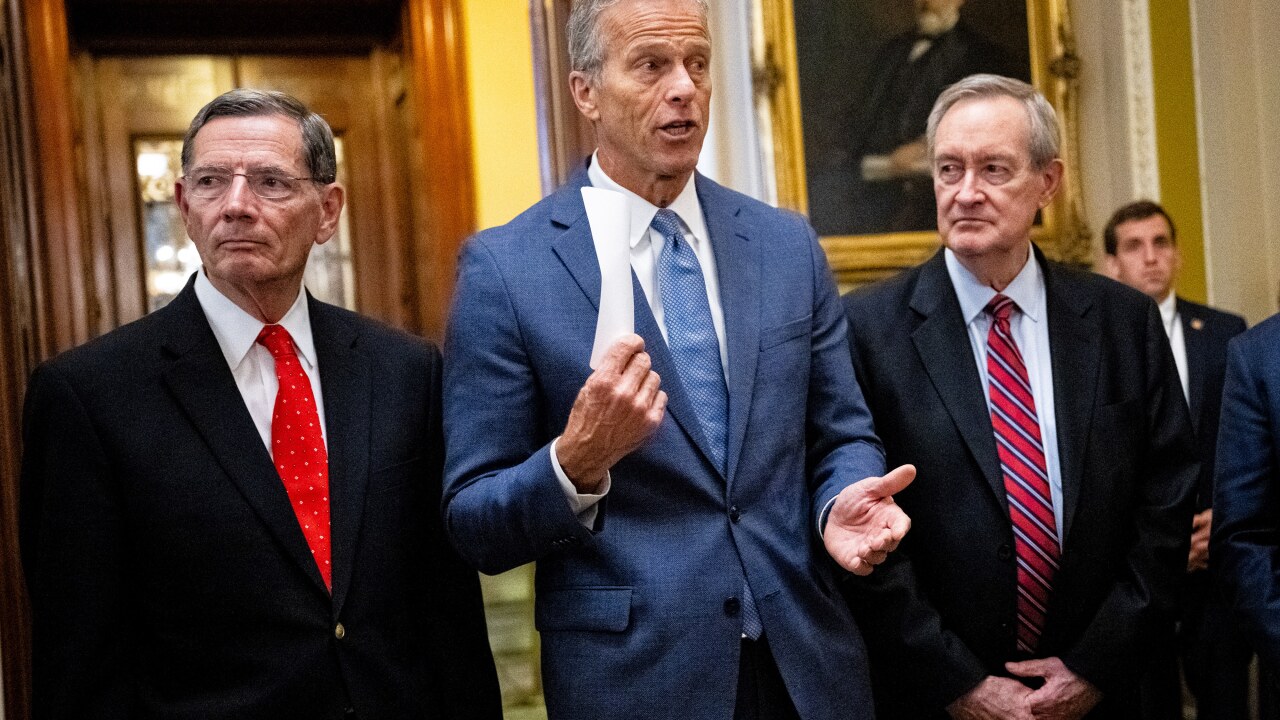IMGCAP(1)]
Visa Inc. announced it plans to enable consumers to reload prepaid cards at ATMs that accept envelope-free deposits.
The service should become available later this fall, according to the company, and would add to the more than 7,000 merchant locations where consumers can use the Visa ReadyLink reload system to add funds to cards. The locations that offer Visa ReadyLink include all the stores owned by Pleasanton, Calif.-based Safeway Inc. and Dallas-based 7-Eleven Inc., Hyung Choi, senior business leader, tells Prepaid Trends.
Visa also recently signed an agreement with TIO Networks Inc., a payments kiosk provider based in Burnaby, British Columbia, to offer reload services through its kiosks at Circle K convenience stores and Exxon Mobile Corp. gas stations, Choi says.
Visa is in negotiations with large banks to offer the service at their ATMs, Choi says.
The reload transaction conducted at an ATM is virtually identical to the one that happens through the ATM, Choi says.
If a consumer wants to load $200 on a prepaid card at a point-of-sale location, he gives the clerk $200. The clerk swipes the card, and the merchant processor, along with Visa, transfers the funds to the issuing bank. The issuer, or processor, makes the authorizing transaction, and Visa sends the authorization to ads funds back to the point of sale, Choi says.
"It uses the same existing processes that your acquirer and issuer use to settle transactions on a daily basis," Choi says.
With the ATM reloading, the ATM does not accept a deposit. Instead, the ATM acquirer moves the funds to the issuer.
"We provide net settlement between the acquirer and issuing bank," Choi says. "The ATM owner makes the issuer whole."
The card issuer pays the ATM owner interchange for each transaction, and the ATM owner can charge the cardholder for the services. Visa does not determine those charges, Choi says.
"The ATM owner is essentially doing the reverse of what they typically do with respect to a cash withdrawal" for a debit cardholder whose account is with another institution, Choi says.
Ed Bachelder, director of Dallas-based Hitachi Consulting Corp., says the service could appeal to financial institutions because it gives consumers another use for ATMs.
But he says the relatively small number of ATMs that accept deposits without envelopes means it will take sometime before the service is widely available.
"There is a pretty small number of those" ATMs, Bachelder says. "It's going to be quite a while before this becomes a mainstream market activity."
There are more the 415,000 ATMs in the United States, according to statistics from ATM&Debit News, Prepaid Trends' sister publication.
Choi says Visa's goal is not to make the service available on all of the more than 400,000 ATMs in the United States. Instead, it wants to encourage the use of prepaid cards by consumers by making reloading more convenient.
"It just happens to be a different segment ... providing multiple ways and choices to add funds conveniently," Choi says.
Tim Sloane, group director of prepaid & debit advisory services at Waltham, Mass.-based Mercator Advisory Group Inc., agrees technology is one factor that may slow adoption. Another is convincing competing financial institutions to use their ATM networks to reload another financial institution's cards, he says.
Choi says Visa's service would make accepting reloading transactions similar to withdrawals made on debit cards from other institutions.
Prepaid issuers may be motivated to add ReadyLink to their ATMs because it would increase the popularity of prepaid among consumers, he adds.





